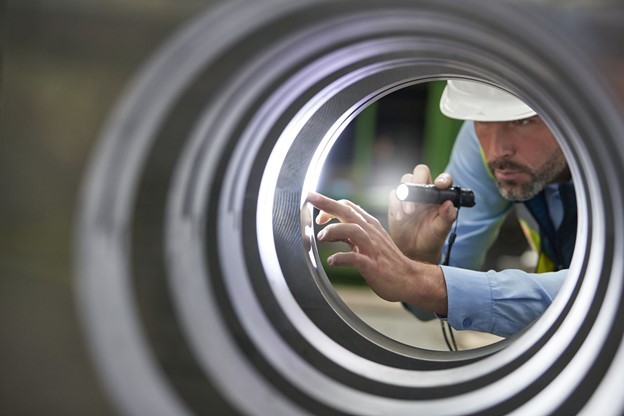Engineering codes are robust and use factors of safety, redundancy and loading combinations to help us design and build to last, but what happens when things go wrong?
Unfortunately, cars get recalled, buildings can collapse, and all sorts of unfortunate events can happen where infrastructure gets damaged and more importantly, public life can be endangered or lost. There’s a show out there about Boeing airplanes, and some issues they were having. I haven’t watched it, but I’m sure there’s lots of engineering experts involved in analyzing their systems. Forensic Engineers specialize in investigating the cause of damages, and from there, engineer possible solutions. Therefore, they must be subject matter experts because when failures occur, there’s often multiple possible factors contributing to the incident that it requires broad experience and knowledge.
Forensic Engineers are interested in answering three basic questions:
- What is the failure or issue of concern?
- What’s its range and scope?
- When and why it occurred?
You may think – “The building collapsed after a hurricane, so the hurricane is to blame.” Not so quick. Even though damages can be noticed after certain events, it doesn’t mean that they happened because of the event only. Here’s the thing, it ultimately comes down to money and most expensive assets are insured by the millions, which means that there’s a lot of money on the table. Insurance policies are written to cover specific types and sequences of damages. For instance, consider a hurricane, water can come from the clouds or from a body of water like a lake or the ocean, and even though we mostly think about the water, wind is a huge contributing factor to failures. Which came first? The water or the wind? Was the house improperly built? Were the materials defective?
After adding legal fees (don’t forget inflation), the value of what forensic engineers do can be worth millions of dollars very quickly. Money aside, the real value of forensic engineering comes from being able to help the industry research, identify and ultimately prevent future damages to people and property. This affects multiple segments of the market like insurance, banking, regulation, and pretty much anyone that is alive.
Forensic Engineers specialize in applying engineering principles to investigate what went wrong. This includes things you wouldn’t think of like fires, chemical accidents, energy plant failures and cyber security hacks. On a more practical basis, it mostly consists of researching and studying. Forensic Engineers are naturally curious and tend to explore their cases with an open-minded approach, as there are often many alternative causes and solutions.
With today’s technology, there’s lots of resources to find out what happened when things go wrong. On the other hand, everyone has a phone on their hands, and loves to take and share pictures. Forensic Engineers rely on evidence and many times it only takes one good photo to prove the cause of damage. Many Forensic Engineers are members of diverse teams, this is because most investigations need to be confirmed independently by multiple experts. This is fundamental to substantiate claims and get closer to the truth.
Everyone can see what happened. Forensic Engineers are challenged to find out why and how engineering issues came to be.

